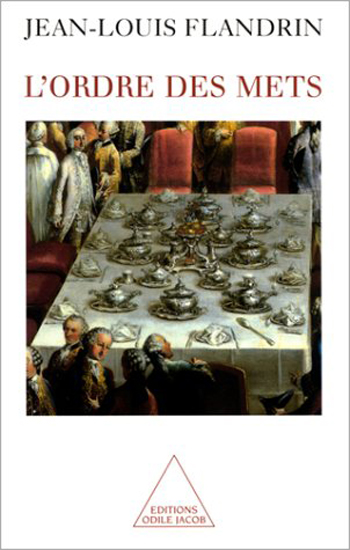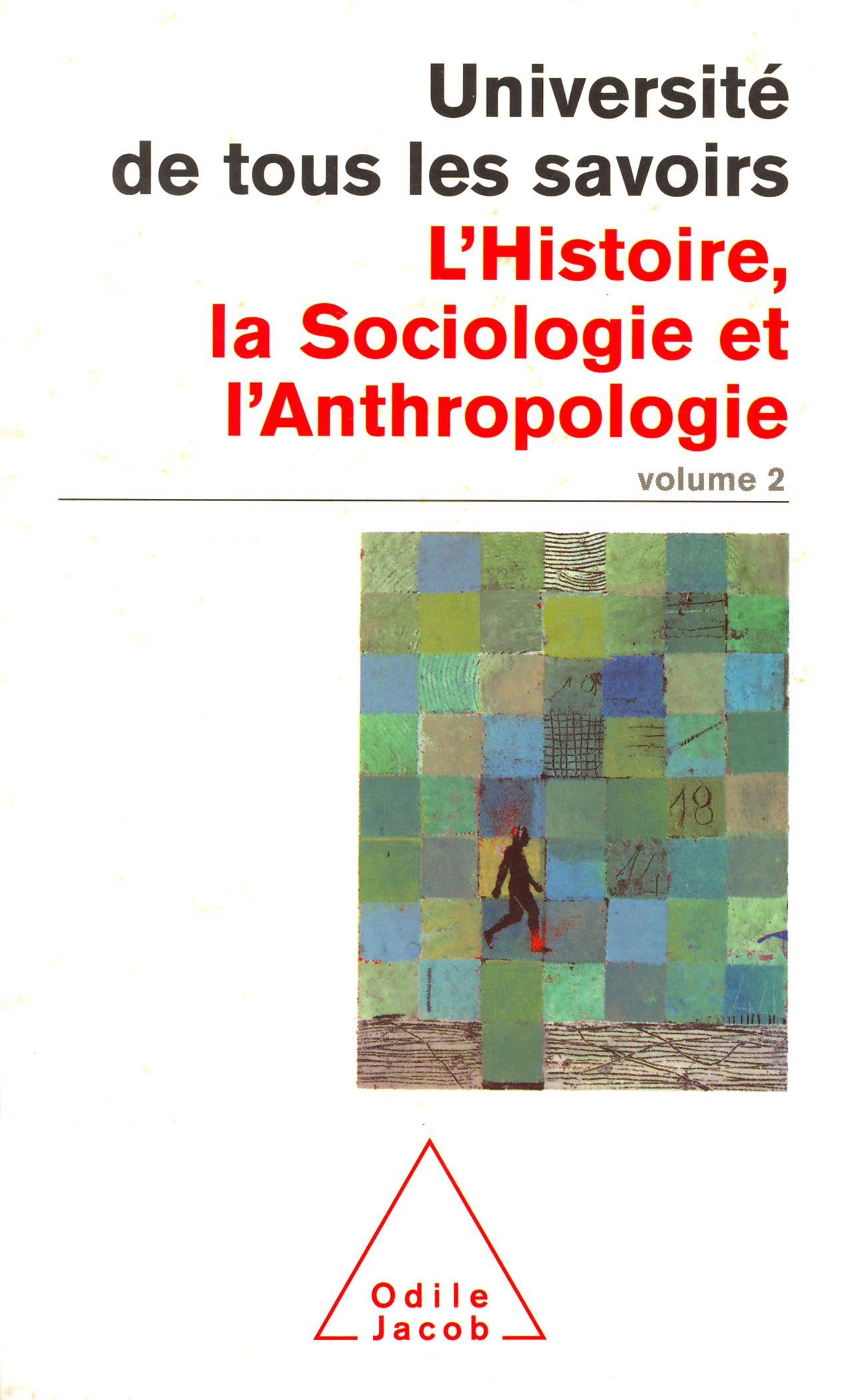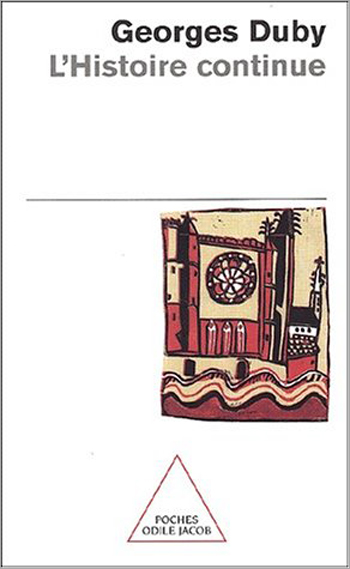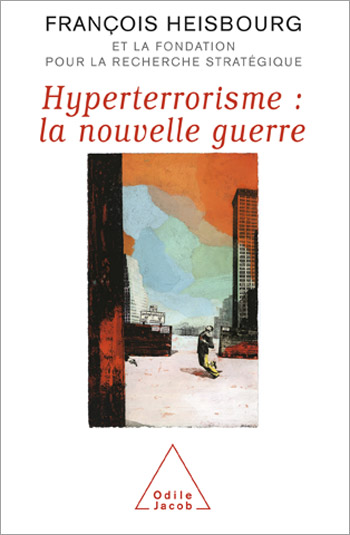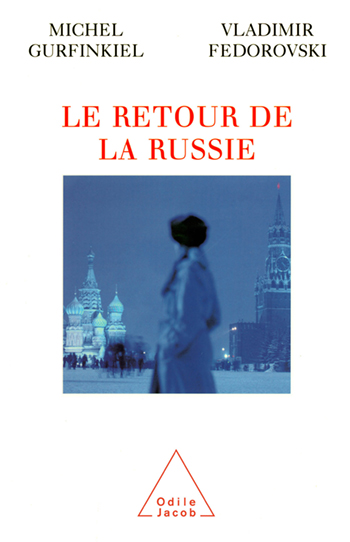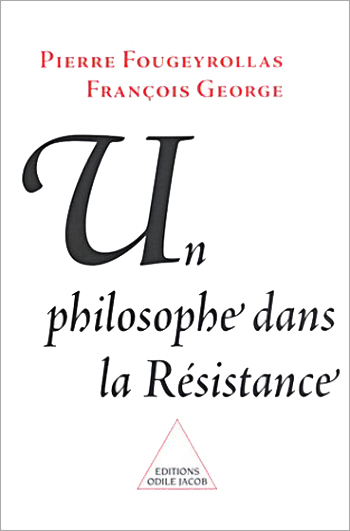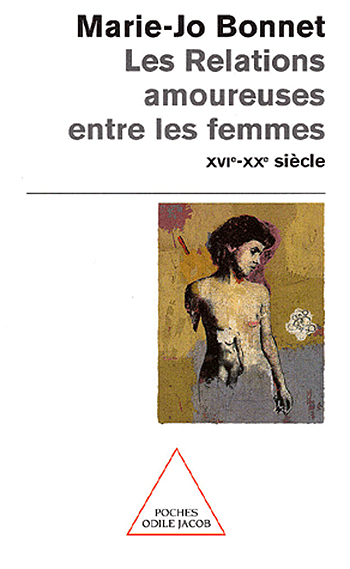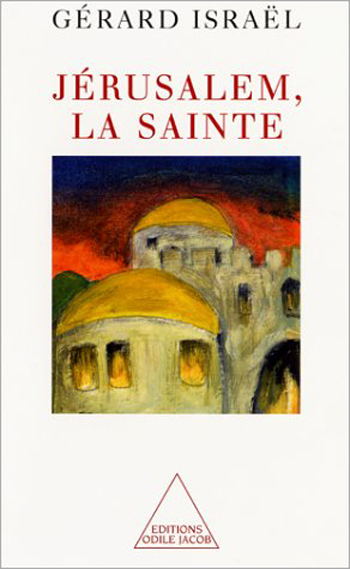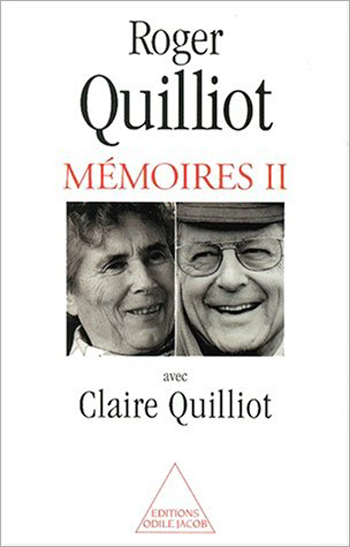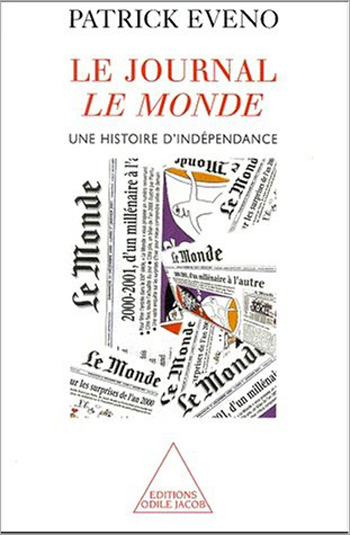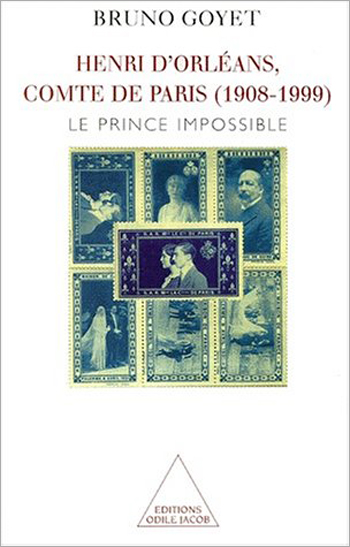History and Geopolitics All books
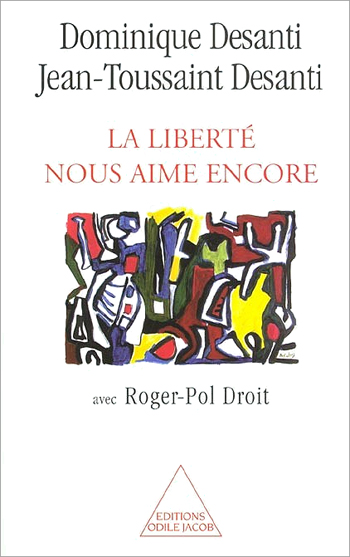
Dominique Desanti, Jean-Toussaint Desanti, Roger-Pol Droit
Liberty Still Cherishes Us
In this book, the authors, Dominique and Jean-Toussaint Desanti, relate their lives of active political and intellectual commitment to Roger-Pol Droit. The story begins with Dominique and Jean-Toussaints first meeting, their lives as an open couple, their involvement in the French Resistance and, later, in the Communist Party, their support of the FLN during the Algerian war of independence, their participation in the events of May 1968 in France and the United States, and their espousal of the feminist movement. They also discuss the numerous works they have written literature in Dominiques case, philosophy in Jean-Toussaints. Their political path is one that was shared by many French intellectuals of their generation. The enthusiasm of many young people for left-wing causes had first been stirred by the Popular Front government. The Soviet victory at Stalingrad (rather than support of Marxist thought) later fanned this enthusiasm, with the result that many French intellectuals joined the Communist Party. Each event in the authors lives is recounted individually from each ones point of view, before being retold by both of them in unison. This manner of telling their story fully respects each writers personality and style, and has resulted in an especially intense book. Dominique Desanti is a journalist, essayist and novelist. Jean-Toussaint Desanti is a philosopher and professor emeritus at the University of Paris I-Sorbonne.
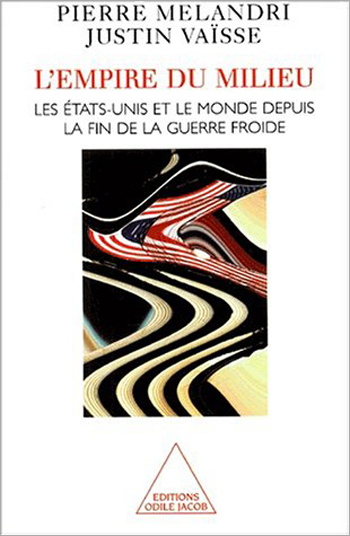
Pierre Mélandri, Justin Vaïsse
The Middle Kingdom The United States and the World Since the End of the Cold War
"No one would deny the central role played by the U.S. More than any other nation, it has shaped the world we live in and will continue to do so for several years to come. For this reason, it is essential to judge its actions abroad in a manner that is as free of clichés as it can. Our goal was to present the reader with as complete a picture as possible of U.S. presence in the world, without neglecting any episode or omitting any angle that could be insightful." Pierre Mélandri and Justin Vaïsse Justin Vaïse is a historian. Pierre Mélandri teaches at the University of Paris III-Sorbonne Nouvelle.
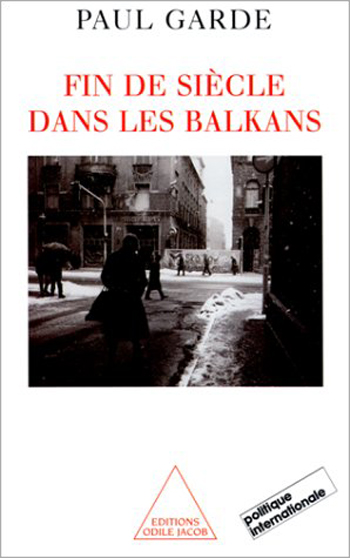
Paul Garde
The End of the Century in the Balkans
Fortunately, the situation is less tragic in 2000 than it was in 1992. There is no more fighting. And yet, none of the problems have been resolved and several conflicts remain pending. In two regions, Bosnia and Kosovo, peace is maintained thanks to a powerful international presence; hundreds of thousands of refugees have no hope of returning to their homes; most of the main criminals of war are still at large; and intolerance and poverty are widespread. It is thus necessary to make a correct diagnosis of the problems of the region, where surprises are always possible. I would be happy if this book could help contribute toward this. Paul Garde Paul Garde is a former professor of Slavic languages and literature at the University of Provence, France.
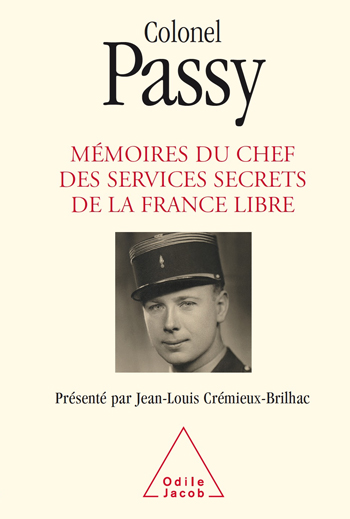
Colonel Passy
Colonel Passy Memoirs of the Chief of the Secret Services of a Liberated France
These two volumes constitute a new edition of Colonel Passys memoirs, which were first published by Plon in a three-volune limited edition (Deuxième Bureau-Londres; 10 Duke Street-Londres; Missions Secrètes en France). The new edition has been presented and annotated by historian Jean-Louis Crémieux-Brilhac, a specialist in the period. André Dewawrin, alias Colonel Passy, headed the Bureau de Contre-espionnage, de Renseignement et dAction (BCRA) of the Free French in London, from 1940 to 1944. He became General Koenigs chief of staff, in 1944. A former student at the prestigious Ecole Polytechnique, he headed the department of research and study for the French Ministry of Defence after the war.
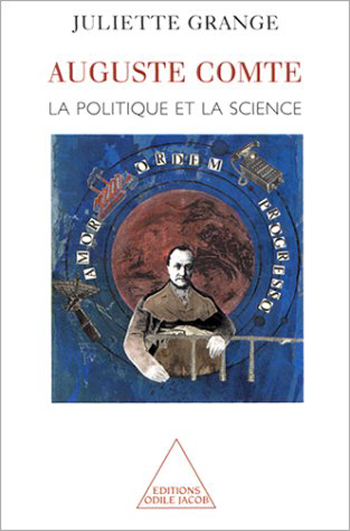
Juliette Grange
Auguste Comte - Politics and Science
The writings of Auguste Comte are often reduced to a few excerpts and stereotypes, and as a result the judgement of "positivism" is quickly reached. Yet, industrial politics, the organisation of research, and the influence of the exact sciences on the way we regard politics, all eminently modern themes, lie at the heart of his thought. Therefore, this book, by one of the best French specialists, offers an original rereading of Comte and ultimately opens the way for a more personal reflection on the nature of the relations between science and politics as they exist today. Juliette Grange is a professor at the University of Nancy-II

